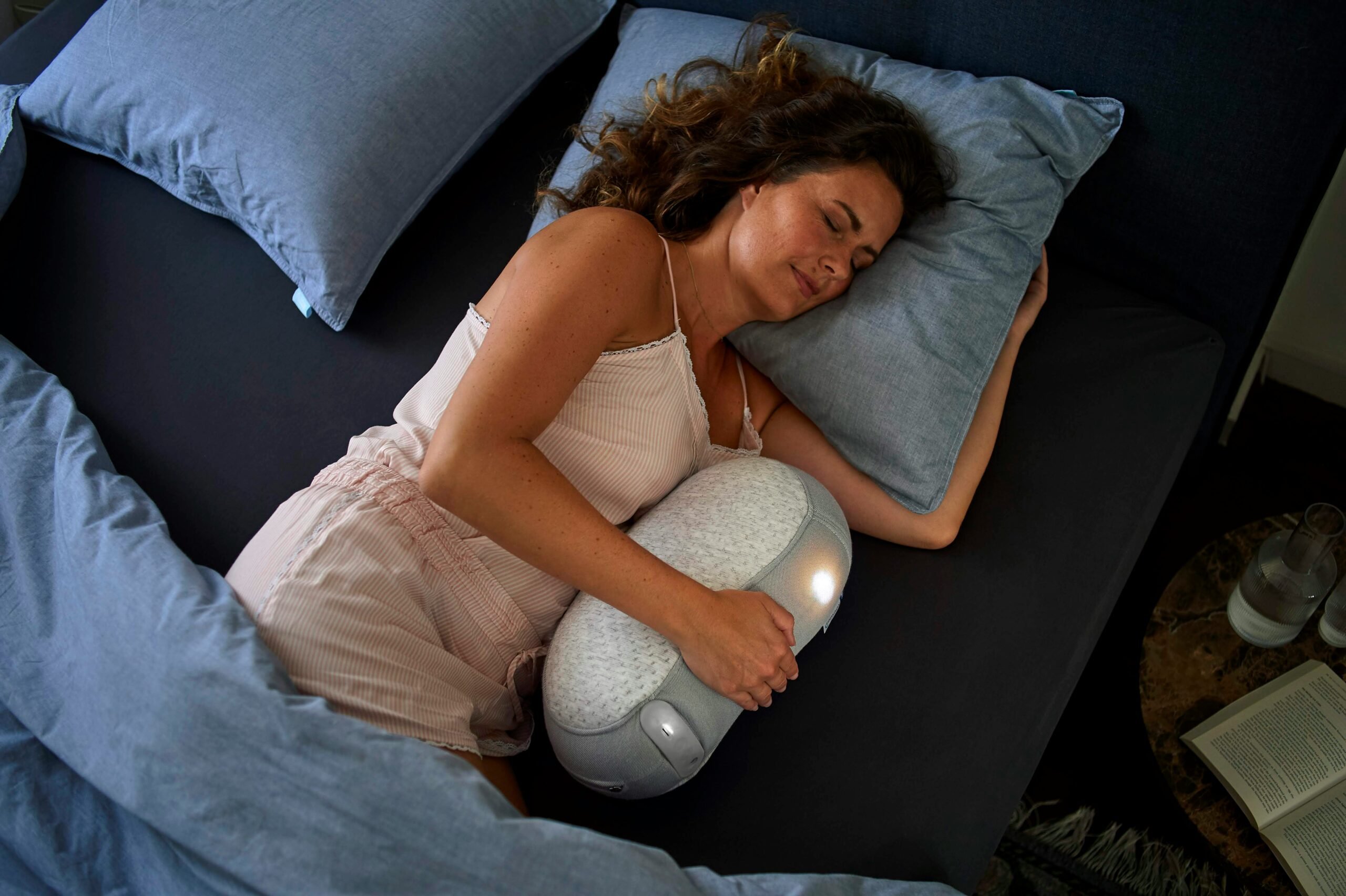If you’re in your late 30s, 40s, or 50s and wondering why sleep suddenly feels impossible, you’re not imagining things. Hormonal changes during perimenopause can disrupt your ability to fall and stay asleep—leaving you feeling drained and frustrated.
This post breaks down exactly how perimenopause affects sleep, and what you can do to finally get the rest you need.
How Hormonal Shifts Impact Sleep in Your 40s and 50s
During the perimenopausal transition, your body begins shifting from regular menstrual cycles toward menopause. This change causes a domino effect in your hormones—especially progesterone, estrogen, and cortisol—which can wreak havoc on your sleep.
1. Declining Progesterone
- Progesterone has a calming, sedative effect on the brain.
- As levels decline, it becomes harder to fall into deep, restful sleep.
2. Fluctuating Estrogen
- Estrogen helps regulate serotonin and melatonin (your sleep hormones).
- Drops in estrogen can cause hot flashes, night sweats, and sudden wake-ups.
3. Increased Cortisol
- Perimenopause can raise nighttime cortisol, your primary stress hormone.
- High cortisol at night = difficulty winding down and falling asleep.
4. Blood Sugar Imbalance
- Hormonal changes affect insulin sensitivity.
- Blood sugar dips in the night can wake you suddenly or cause restlessness.
5. Gut Microbiome Disruption
- Estrogen and progesterone shifts impact gut health.
- A disrupted gut can lower serotonin and GABA, both of which promote sleep.
6 Proven Strategies to Sleep Better During Perimenopause
Improving your sleep starts with balancing your body from the inside out. Try these science-backed lifestyle tips to get your sleep back on track.
1. Support Progesterone Naturally
- Eat magnesium-rich foods like leafy greens, seeds, and nuts.
- Consider magnesium glycinate as a calming nighttime supplement.
- Try herbs like:
- Vitex (chaste tree berry) to encourage hormonal balance.
- Maca to support overall hormone function.
2. Balance Estrogen Levels
- Add cruciferous vegetables (broccoli, Brussels sprouts, cauliflower) to your diet.
- Limit alcohol and ultra-processed foods (anything in a bag, box, or with a barcode).
3. Reduce Cortisol and Stress
- Create a soothing bedtime routine:
- Meditation or breathwork
- Gentle journaling
- Yoga Nidra or NSDR (Non-Sleep Deep Rest)
- Use stress-reducing adaptogens like ashwagandha or holy basil.
- Take magnesium glycinate to support relaxation.
4. Stabilize Blood Sugar in the Evening
- Avoid sugary snacks or high-carb meals close to bedtime.
- Choose protein and healthy fats at dinner to keep blood sugar steady.
5. Optimize Gut Health
- Eat probiotic-rich foods like yogurt, kefir, or fermented vegetables.
- Increase fiber intake with flaxseeds, beans, and whole veggies.
- Avoid inflammatory triggers like gluten, dairy, and sugar if they affect you.
- Eat the rainbow with colorful, polyphenol-rich fruits and vegetables.
6. Improve Sleep Hygiene
- Keep your bedroom cool and dark.
- Limit screen time and blue light 1 hour before bed.
- Try natural sleep aids:
- Chamomile tea
- Valerian root
- Passionflower extract
- Explore red light therapy for circadian support.
You Can Sleep Better in Perimenopause
Sleep struggles in perimenopause aren’t all in your head—they’re rooted in real, biological changes. But the good news? You can take action to rebalance your hormones, support your gut, and soothe your nervous system.
Start small. Choose one or two changes that feel doable, and build from there. With consistency and support, better sleep is absolutely within reach.



